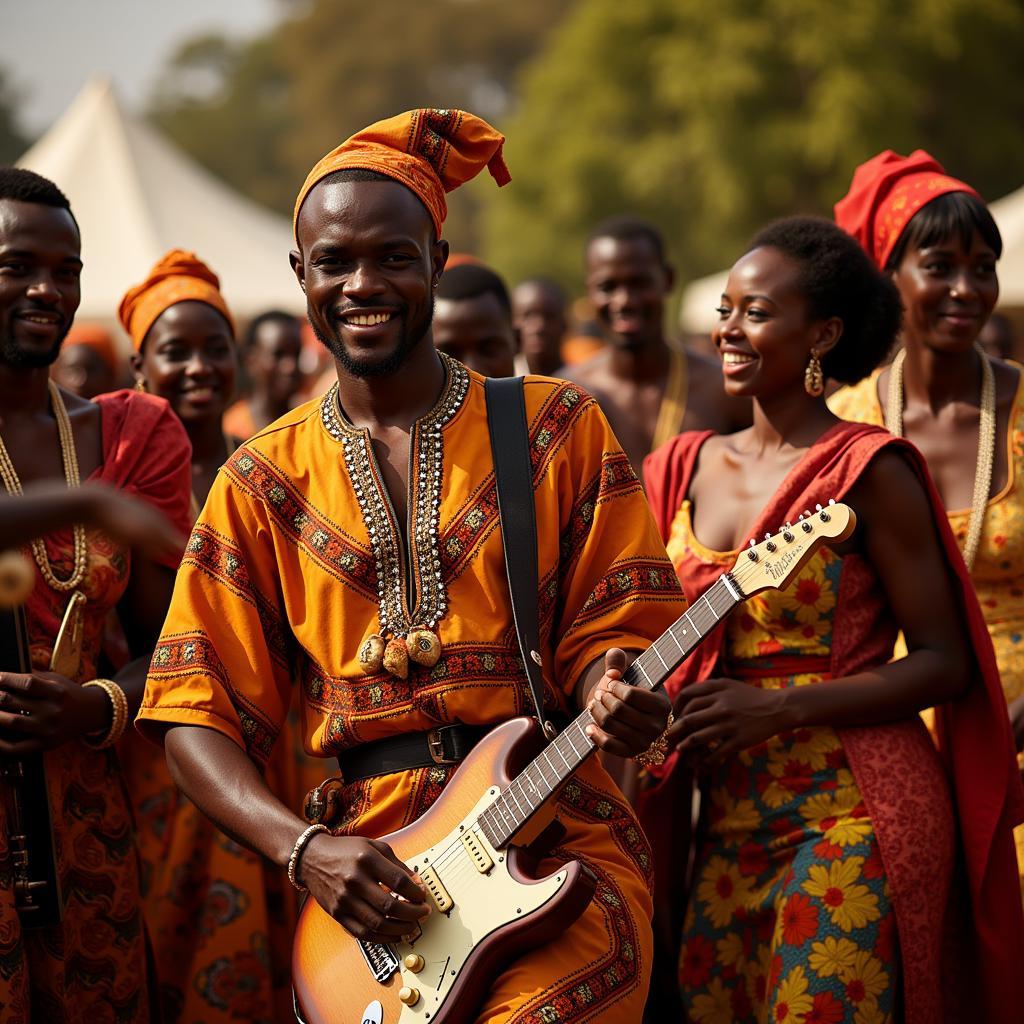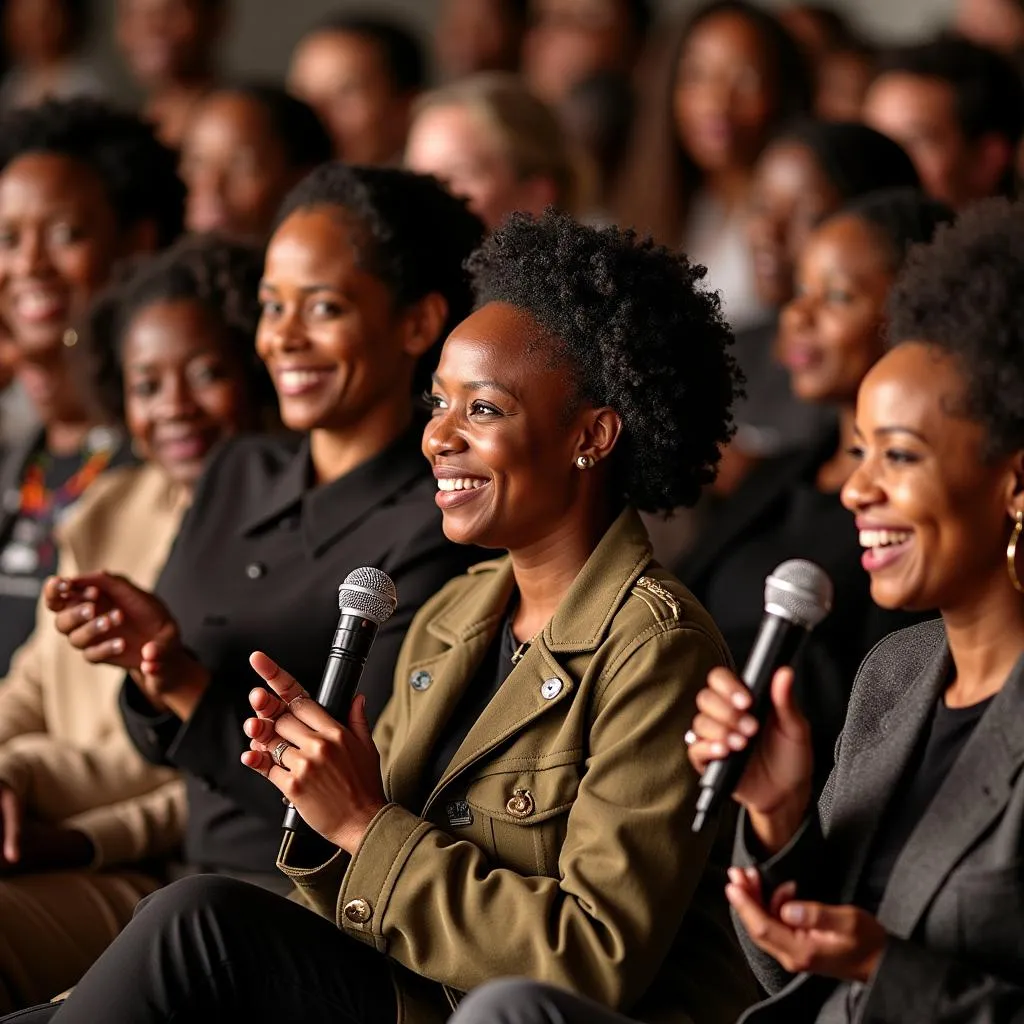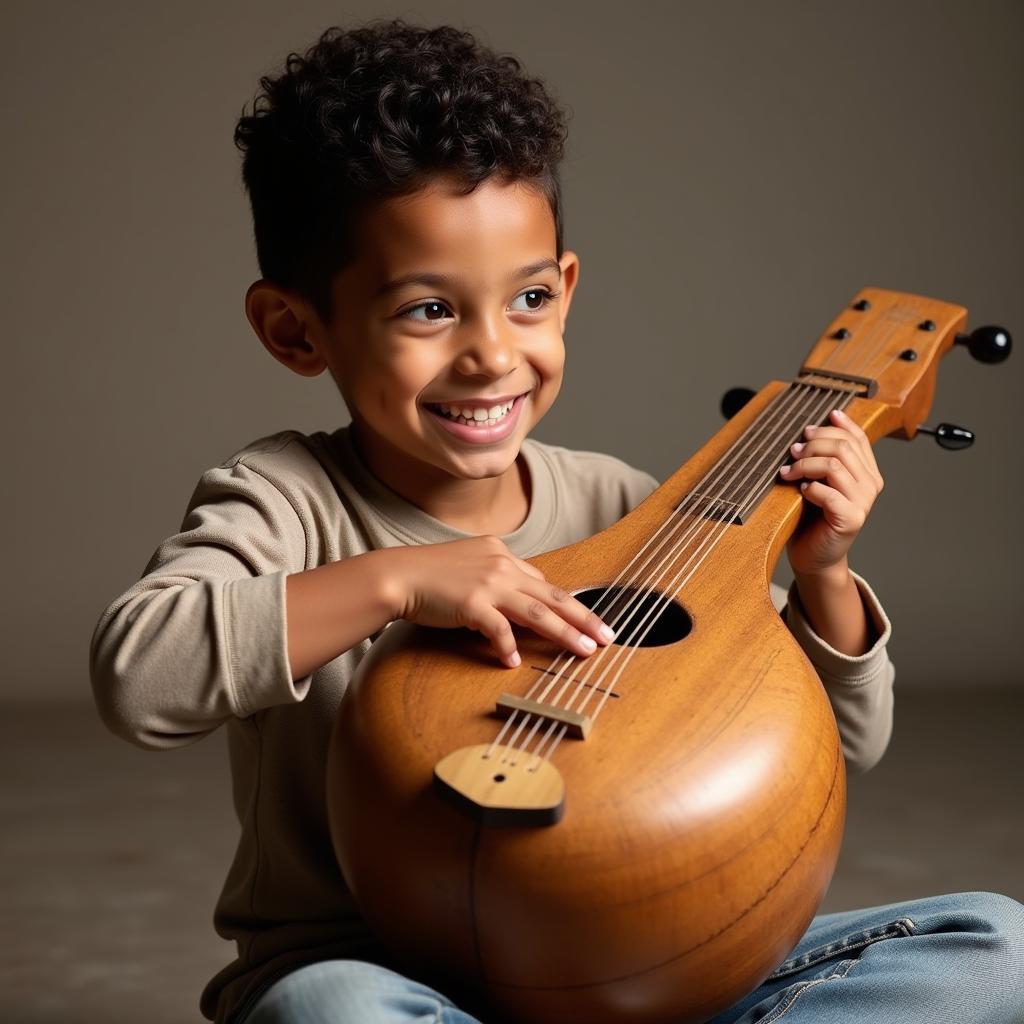Navigating African First Night Traditions: A Cultural Journey
The concept of an “African First Night” can be misleading, conjuring up homogenous images of a vast continent rich in cultural diversity. The truth is, Africa comprises 54 distinct nations, each with unique customs and traditions surrounding marriage and the celebration of a couple’s union. This exploration delves into the captivating tapestry of African first-night traditions, revealing the beauty of diversity and challenging common misconceptions.
Beyond the Veil: Unveiling the Diversity of African Wedding Customs
From the vibrant attire to the symbolic rituals, African weddings are a feast for the senses, reflecting deep-rooted cultural beliefs and values. It’s essential to remember that generalizing “African first night” traditions would be an oversimplification. Each ethnic group, even within the same country, boasts its own set of customs.
For instance, in some communities, the focus might be on the bride’s transition into her new family. This could involve elaborate gift-giving ceremonies, symbolic hair braiding, or lessons on household management from elder women. The emphasis here is on community integration and ensuring the bride’s well-being as she enters a new phase of life.
A Tapestry of Traditions: Exploring Regional Variations
Moving across the continent, we encounter diverse expressions of “first night” customs. In some regions of East Africa, music and dance play a pivotal role in wedding celebrations, often continuing late into the night. The rhythmic beats and vibrant movements symbolize joy, unity, and the welcoming of a new family.
 East African Wedding Music and Dance
East African Wedding Music and Dance
Meanwhile, in parts of West Africa, culinary traditions take center stage. The preparation of elaborate feasts, often involving the entire community, symbolizes abundance, prosperity, and the nurturing role of women within the family structure.
The Role of Elders and Community in Shaping Traditions
Across many African cultures, the wisdom and guidance of elders are highly valued, particularly in matters of marriage and family. Elders often play a significant role in pre-marital counseling, offering advice and sharing insights based on generations of shared knowledge. This emphasis on community involvement highlights the collective nature of African societies, where marriage is seen as a union not just of two individuals but of two families.
Bridging the Gap: Modernity and the Evolution of Customs
As Africa embraces modernity, traditions are evolving, reflecting changing societal norms and individual preferences. While the core values of family, community, and respect for cultural heritage remain strong, “first night” customs are adapting to contemporary realities.
It’s important to approach the topic of “African first night” traditions with sensitivity and an understanding of the vast cultural diversity within the continent. Instead of seeking a singular definition, embracing the richness and nuance of different cultural expressions allows for a deeper appreciation of the beauty and complexity of African traditions.


